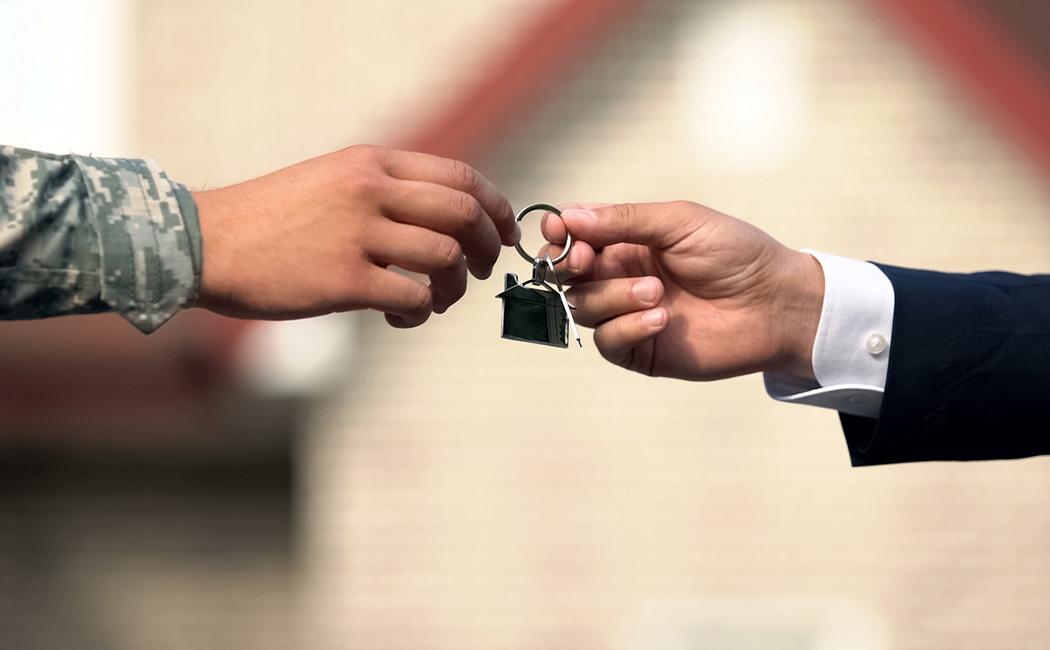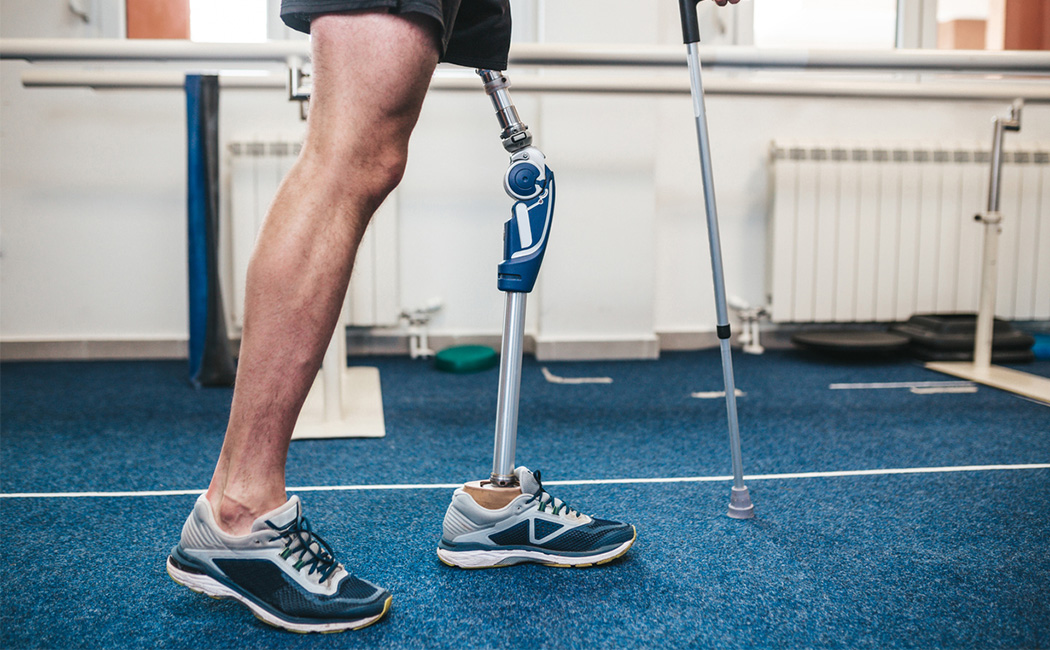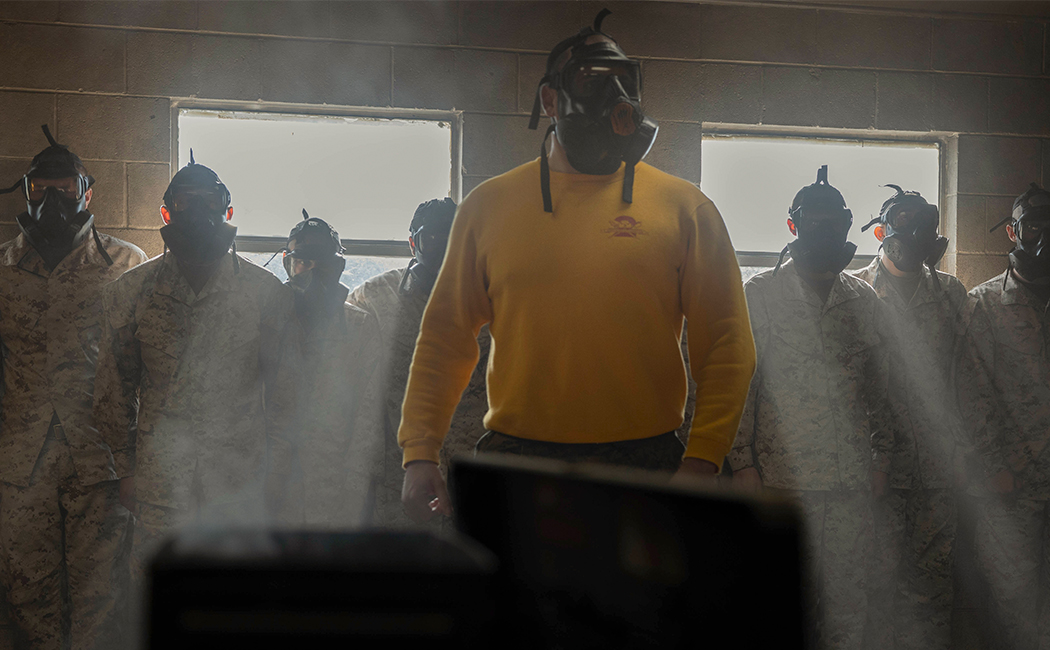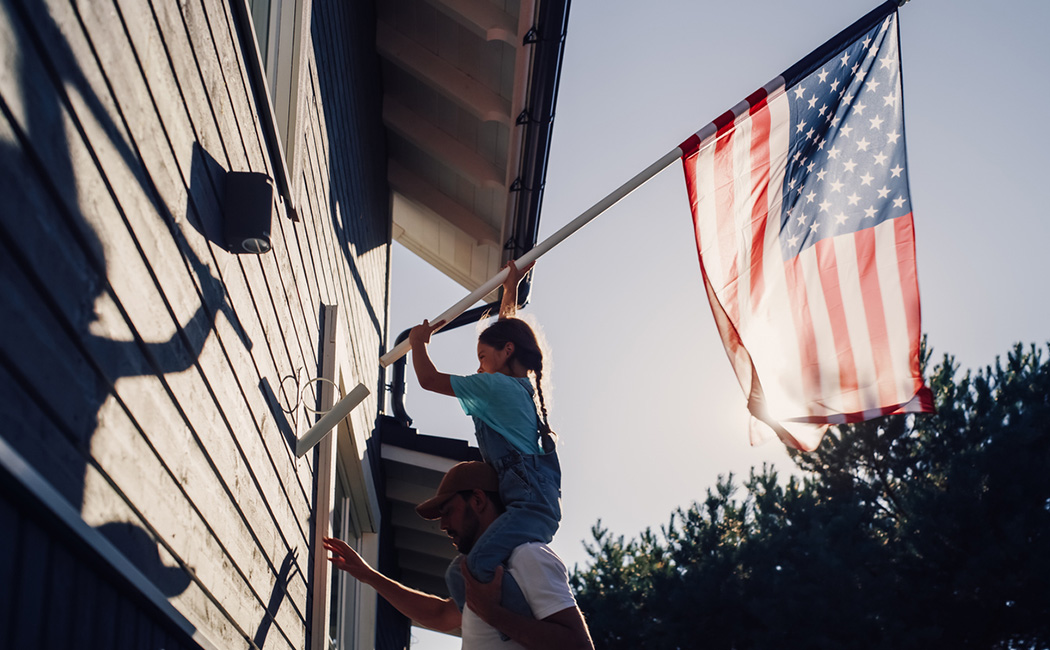Common Reasons Your VA Disability Claim Got Denied and How to Avoid Them
Navigating the complicated, bureaucratic world of VA Disability Claims can be daunting, particularly when you’re met with a denial letter. At Veterans Guardian, we understand the frustration and anxiety that comes with claim denials, and we’re committed to helping you secure the benefits you rightfully deserve. In this article, we’ll explore the common reasons why VA disability claims get denied and provide actionable tips on how to avoid these pitfalls.
Lack of Medical Evidence
Why it Happens:
One of the primary reasons claims are denied is insufficient medical evidence to substantiate the disability or its connection to military service.
How to Avoid:
Make sure to collect all relevant medical records, including those from private health care providers. Consult a medical expert to thoroughly document your condition and its relation to your military service.
Failure to Establish Service Connection
Why it Happens:
To be eligible for disability benefits, you must establish a direct link between your disability and your time in service. Failure to do so often results in denial.
How to Avoid:
Collect all service records that can validate the origin or aggravation of your disability during service. Testimonies from fellow servicemembers and records of your duty stations can also help establish a service connection.
Missing or Incomplete Information
Why it Happens:
An application with gaps in information is a red flag for the VA and may result in an immediate denial.
How to Avoid:
Double-check your application for missing fields or incomplete information. Pay special attention to dates, locations, and the names of medical facilities and professionals. Consider consulting experts like Veterans Guardian to review your application.
Missed Deadlines
Why it Happens:
The VA operates under strict timelines. Missing a deadline for submitting your application or additional evidence can result in an automatic denial.
How to Avoid:
Keep a calendar of all important dates and deadlines. If for any reason you can’t meet a deadline, communicate with the VA to see if an extension is possible.
Failed C&P Examination
Why it Happens:
A Compensation & Pension (C&P) examination is usually required to confirm your claimed disabilities. An unfavorable result can lead to denial.
How to Avoid:
Prepare thoroughly for your C&P exam. Know your medical history and be ready to discuss your symptoms and how they impact your daily life. Be honest but comprehensive in your responses.
Inconsistency in Claims
Why it Happens:
If there’s a significant inconsistency between what is reported in your service records, medical records, and your application, your claim may be denied.
How to Avoid:
Maintain consistency in your statements and make sure your records align. If there are discrepancies, be prepared to explain them clearly.
How Veterans Guardian Can Help
Avoiding these common pitfalls increases your chances of having a successful VA Disability Claim. However, the process can be overwhelming, which is where Veterans Guardian comes into play. We specialize in navigating the complexities of the VA system, providing personalized guidance at every step to ensure you don’t fall into these common traps.
Conclusion
Denials can be disheartening, but they’re not the end of the road. Knowing why claims get denied and taking steps to mitigate these issues can set you on the path to approval. Trust in Veterans Guardian to assist you in this critical journey to secure the benefits you’ve earned through your service.
Disclaimer: This article is for informational purposes only and does not constitute legal or medical advice. For personalized assistance, consult professionals for your specific needs.








